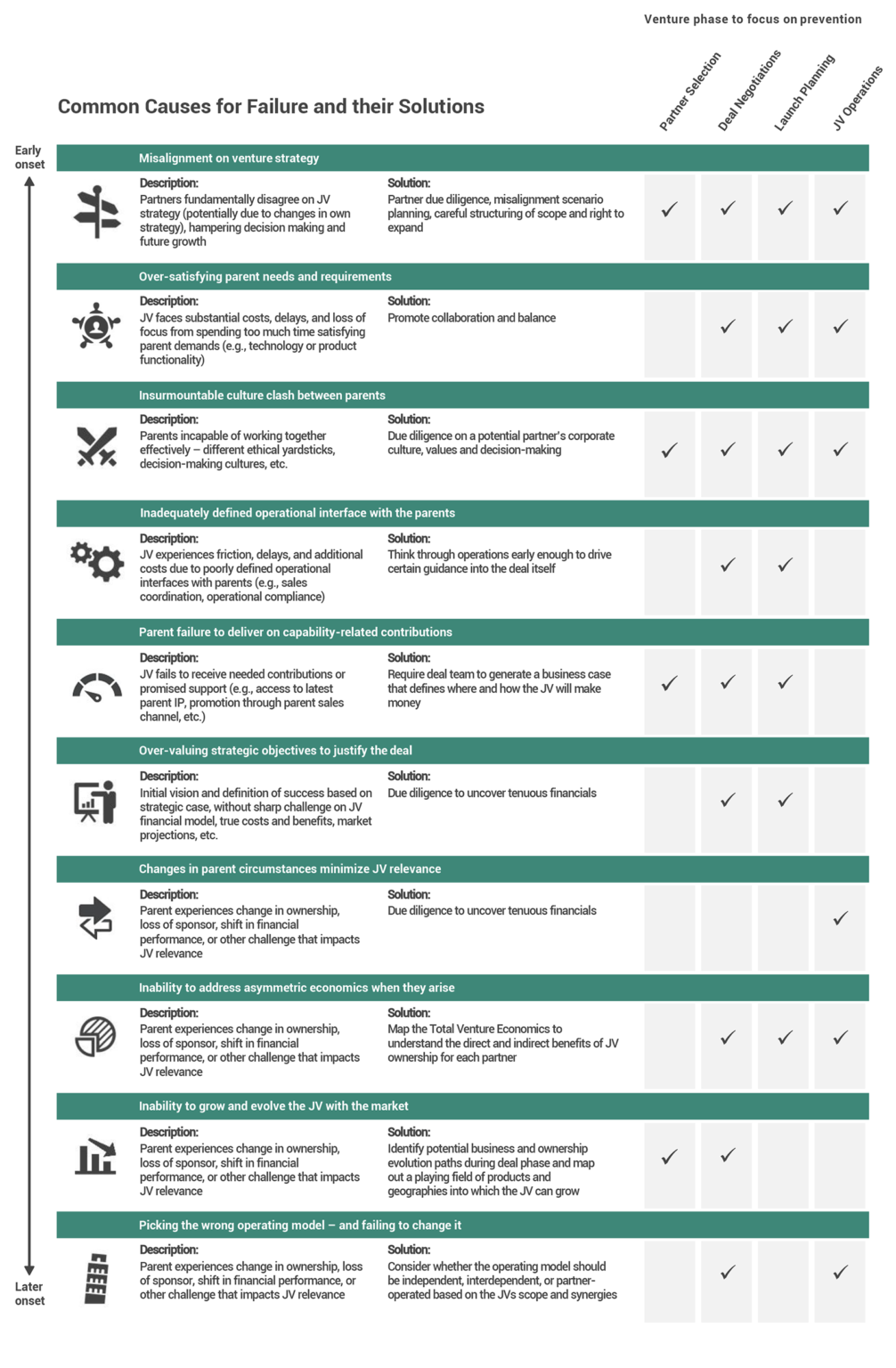Operationalizing Joint Venture Governance
It’s time to raise the bar on JV governance. Doing so demands operationalizing the legal agreements and aligning the shareholders on how the governance will actually work. A JV Governance Framework can do just that.




Comments